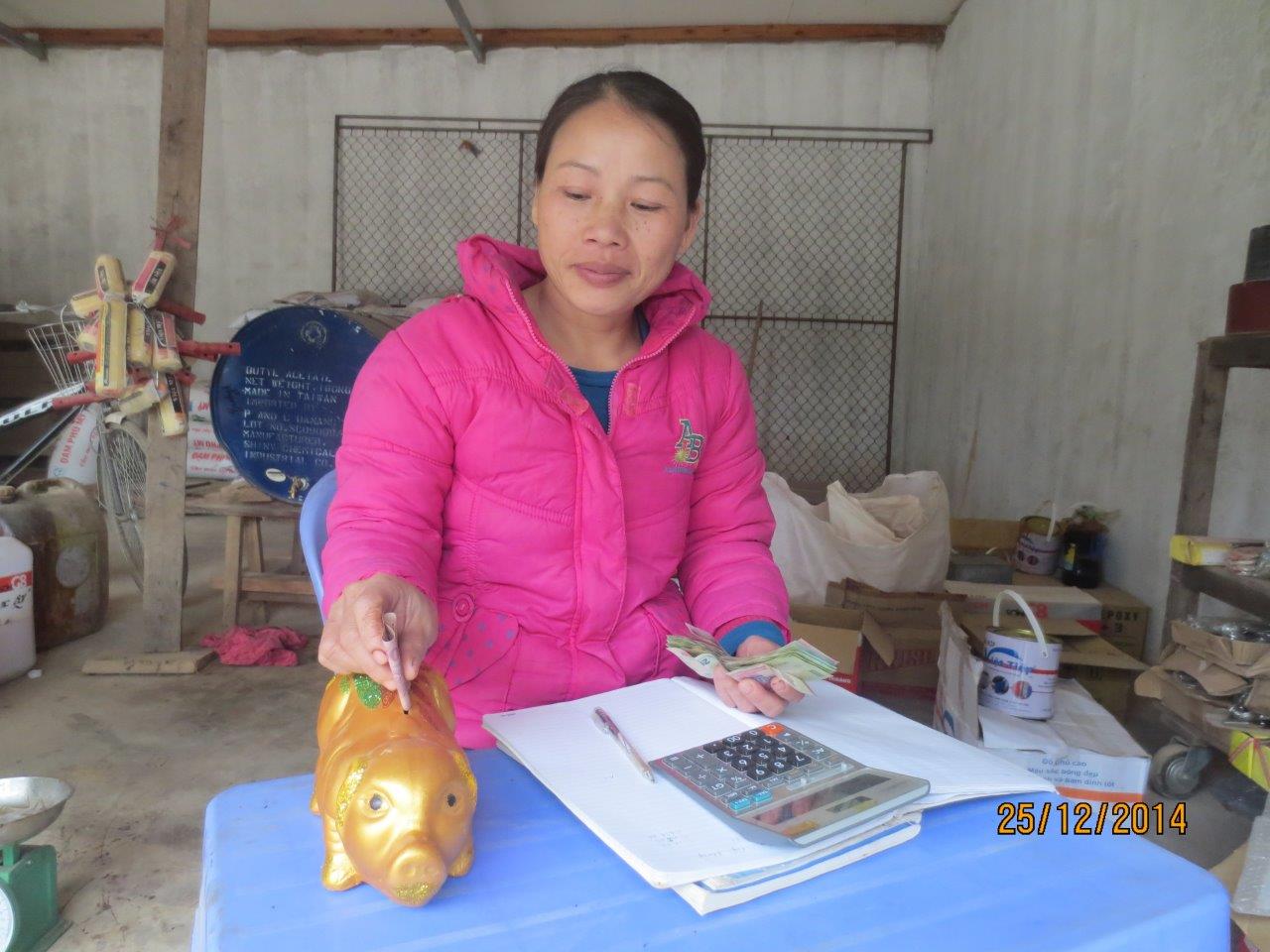Definition of Saving
Savings is money put aside by an individual or household for use in the future. A key to good money management, savings help individuals and households manage risk, deal with emergencies, smooth income, build assets, and meet financial goals. People save by putting money aside when it comes in and by spending less when it goes out.
Reasons to Save
“… there are many times when poor people need sums of money that are bigger than what they have in hand. The need for these ‘usefully large lump sums’ arises from life cycle events such as birth, education, marriage and death, from emergency situations, and from the discovery of opportunities to make investments in assets or businesses. The only reliable and sustainable way they can obtain these sums is to build them, somehow or other, from their savings…”
You can use savings to meet both expected and unexpected needs. They help to smooth cash flow, allow for optional expenditures, and invest in assets and businesses. In case of emergencies and crises, savings enable you to respond immediately and, over time, recover from related loss of income or property.
Savings play a key role in meeting financial goals. These can include shortterm goals (weeks or months) such as buying stock for a business or paying school fees; medium-term goals (1–3 years) such as home improvement expenses or a visit to the family; or long-term goals (over three years), such as to buy a house or save for retirement.
Ways to Save
“Managing money well begins with hanging on to what you have. This means avoiding unnecessary expenditure and then finding a safe place to store whatever money is left over. Making that choice—the choice to save rather than to consume—is the foundation of money management.”2
You can choose to save through formal, semi-formal or informal institutions, and in the form of cash or non-cash.
Non-cash forms of saving are assets, such as jewelry, consumer durables, or livestock that can quickly and easily be converted to cash and generally retain their value. Land is also an asset in which you can invest and hold your savings; it retains its value but is less liquid than livestock.
Informal savings include saving cash at home, which keeps your cash very accessible and allows you to avoid the transaction costs associated with saving at formal savings institutions. This form of informal savings has two significant disadvantages: the temptation to spend the money and the risk of theft. You need strong discipline to both avoid spending these savings yourself and deny the pleas of other family members. Furthermore, money saved at home does not earn any interest, and thus may lose value over time. Saving in-kind (gold, livestock or land) is another form of informal savings.
Semi-Formal savings encompass deposit collectors and group savings mechanisms, including rotating credit and savings associations (ROSCAs), village banks, solidarity groups and self-help groups. Familiar and simple, the group mechanism encourages discipline, scrutiny and support among members. The advantage of ROSCAs is that each member receives a lump sum of money at one time, with no loan or interest payments. However, a corresponding limitation is that members typically do not earn interest on money they have saved. Members of self-help groups borrow from their collective savings with the obligation to repay with interest, but they also receive periodic dividends. Limitations of group savings include instability of the groups, disagreements among members, and limited access to funds.
Formal savings involve financial institutions, including banks, credit unions, cooperatives, post offices or microfinance institutions, and offer another widely used option for saving cash. Savings in these financial institutions are generally safe and earn interest. They offer a range of savings accounts tailored to different financial needs. However, the requirements for opening and maintaining an account such as minimum deposits, user fees, and withdrawal requirements can be costly. These requirements are challenging if you make small, frequent deposits or withdrawals. Limited bank hours may make it difficult for you to access your money quickly in the case of emergency. Finally, where banks have failed, people tend to lack confidence in them.

Microfinance VietED educates clients to make savings through loan installments and savings deposits. Customers follow three principles to save:
– Principle 1: Savings before spending
– Principle 2: Make daily, weekly and monthly savings habits
– Principle 3: Make a Goals and Savings Plan


